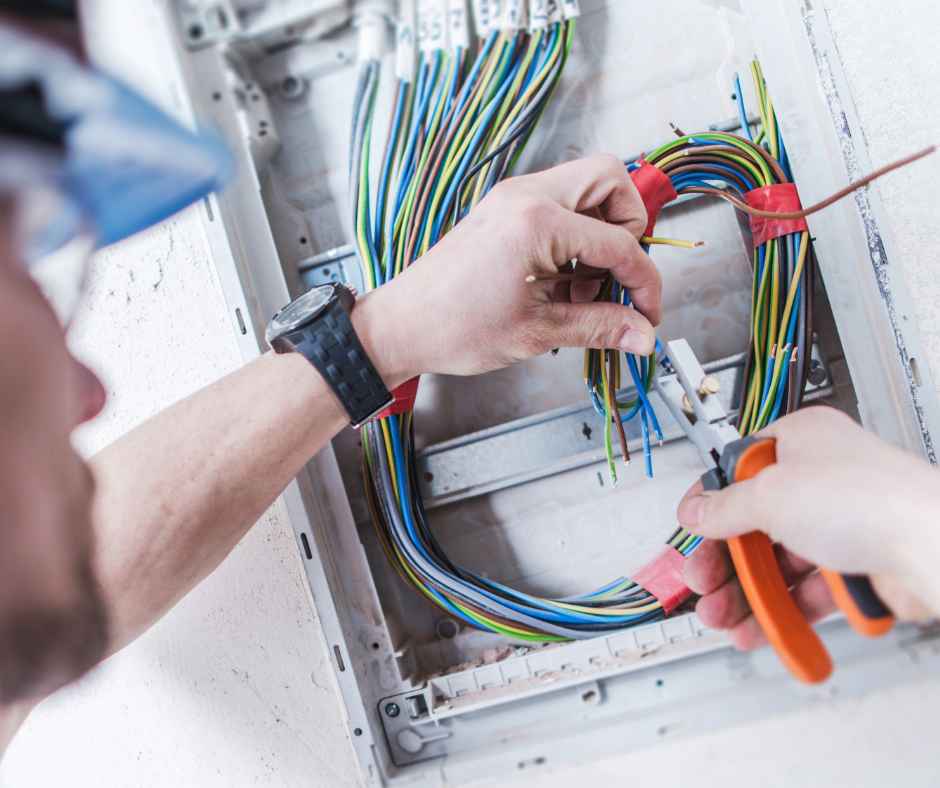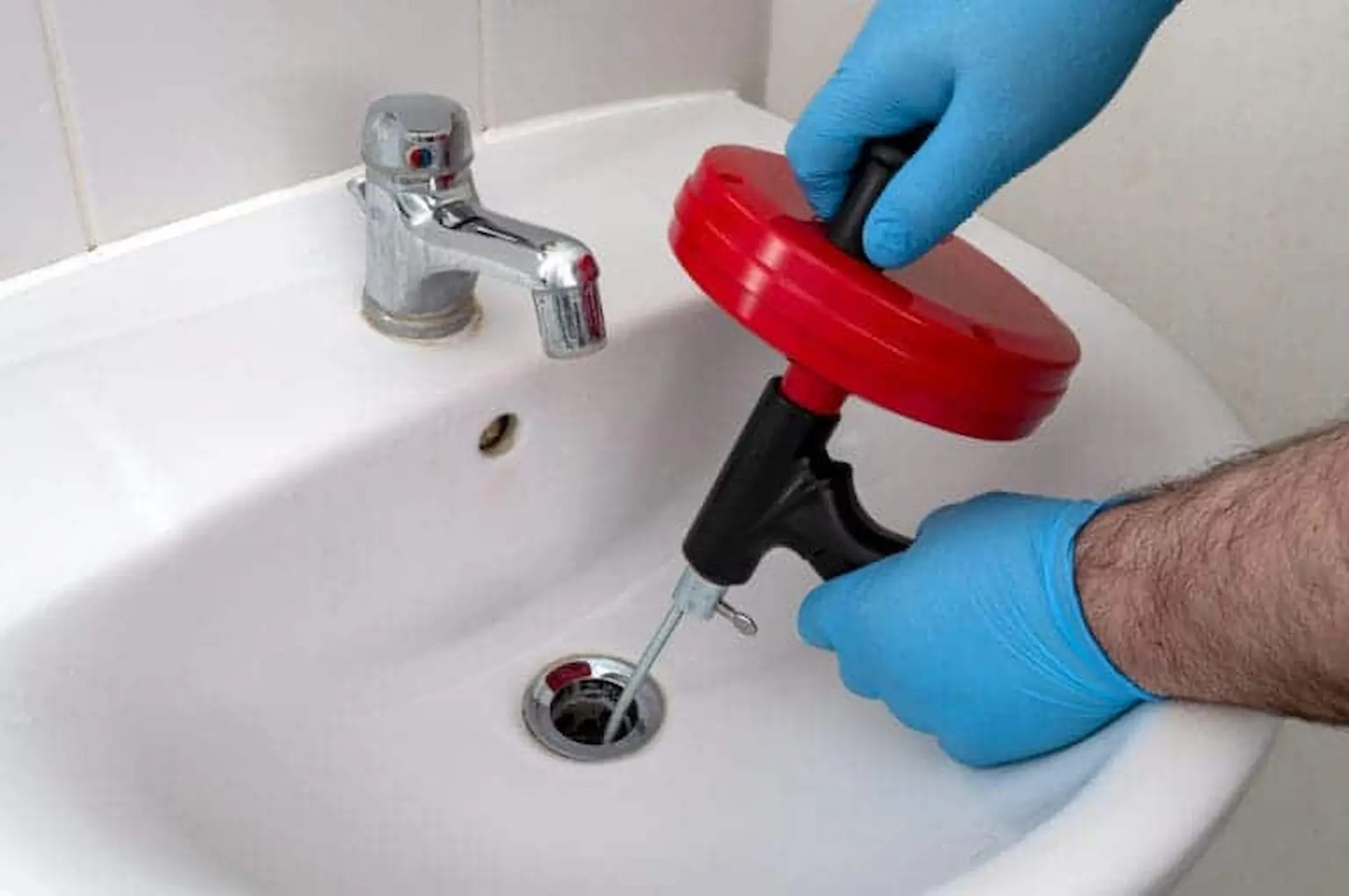4.8

How Much Does It Cost To Rewire a House?
Rewiring a house is a significant but essential investment for homeowners, especially those living in older properties. The process involves replacing old or outdated electrical wiring to ensure safety, efficiency, and compliance with modern standards. But how much does it cost to rewire a house?
In this comprehensive guide, we’ll explore the factors that influence the cost of an electrical rewire and provide an estimate to help you plan your budget. Whether you’re updating an older home or addressing specific electrical issues, Lazer Home Services in Des Moines is here to guide you through the process and ensure your home is safe and functional.
Factors Influencing the Cost of Rewiring a House
Several factors can affect the overall cost of rewiring a house. Understanding these factors will help you get a clearer picture of what to expect.
1. Size of the House
The size of your home is one of the most significant factors in determining the cost of an electrical rewire. Larger homes with more rooms will naturally require more materials and labor, increasing the overall expense.
2. Age and Condition of the House
Older homes often have outdated wiring systems that can be more challenging and time-consuming to replace. Additionally, if the existing wiring is in poor condition, it may require more extensive work to ensure safety and compliance.
3. Scope of the Project
The extent of the rewiring project can also impact costs. A complete rewire house project, which includes replacing all wiring, outlets, switches, and the electrical panel, will be more expensive than a partial rewire or specific repairs.
4. Accessibility
The ease of access to the wiring can influence the cost. Homes with easy access to wiring through attics, basements, or crawl spaces will be less expensive to rewire than those where walls need to be opened or other structural modifications are necessary.
5. Materials and Labor
The cost of materials, such as wires, outlets, switches, and electrical panels, can vary. Additionally, labor costs will depend on the complexity of the project and the rates charged by the electricians. It’s important to choose a reputable company like Lazer Home Services to ensure quality workmanship.
6. Permits and Inspections
Obtaining the necessary permits and scheduling inspections is crucial for ensuring the rewiring project complies with local building codes. These permits and inspections come with additional fees that should be factored into the overall cost.
Cost Estimates for Rewiring a House
While the exact cost to rewire a house can vary based on the factors mentioned above, here are some general estimates to give you an idea of what to expect:
1. Small House (1,000 sq. ft. or less)
For a small house, the cost to rewire typically ranges from $3,000 to $8,000. This estimate includes labor, materials, and permits.
2. Medium House (1,000 to 2,500 sq. ft.)
Rewiring a medium-sized house can cost between $8,000 and $15,000. The complexity of the project and accessibility of the wiring can affect the final price.
3. Large House (2,500 sq. ft. or more)
For larger homes, the cost to rewire can range from $15,000 to $30,000 or more. The size and complexity of the project significantly impact the overall expense.
Benefits of Rewiring a House
While the cost of rewiring a house can be substantial, the benefits far outweigh the investment. Here are some key advantages:
1. Enhanced Safety
Old or faulty wiring poses a significant fire hazard. Rewiring your house reduces the risk of electrical fires, making your home safer for you and your family.
2. Improved Electrical Performance
Modern wiring systems are designed to handle the electrical demands of today’s appliances and devices. Rewiring ensures your home can support all your electrical needs without overloading the system.
3. Increased Property Value
A properly wired home is more attractive to potential buyers. If you plan to sell your house in the future, an electrical rewire can increase its market value and appeal.
4. Compliance with Codes
Rewiring ensures your home meets current electrical codes and standards, which is crucial for safety and legality. This compliance is particularly important for older homes with outdated wiring.
5. Energy Efficiency
Modern wiring systems are more energy-efficient, reducing energy waste and lowering your utility bills. Upgrading your wiring can lead to long-term savings on energy costs.
Signs That Your House Needs Rewiring
It’s essential to recognize the signs that indicate your house may need rewiring. Some common signs include:
- Frequent blown fuses or tripped circuit breakers
- Flickering or dimming lights
- Burning smells or scorch marks around outlets or switches
- Outdated or frayed wiring
- Warm or discolored outlets or switches
- Lack of grounded outlets (three-prong)
If you notice any of these signs, it’s crucial to contact a professional electrician for an inspection. Ignoring these warning signs can lead to severe electrical issues and safety hazards.
Call Lazer Home Services For Home Rewiring
Rewiring a house is a significant investment, but it is essential for ensuring the safety, efficiency, and functionality of your home’s electrical system. The cost to rewire a house can vary based on several factors, including the size and condition of the home, the scope of the project, and accessibility. By understanding these factors and obtaining a detailed estimate, you can better plan your budget for this important project.
If you suspect your home needs rewiring or if you’re planning an upgrade, contact Lazer Home Services in Des Moines for professional and reliable service. Our experienced electricians are here to help with all your electrical needs, from inspections and repairs to complete rewiring projects. Ensure your home’s safety and efficiency by reaching out to us today.
Recent News

Residential Drain Cleaning in Des Moines | Lazer Home Services

Heat Pump Repair and Installation Solutions in Des Moines.

How to Detect Hidden Pipe Leaks | Lazer Home Services

5 Early Warning Signs Your Home Plumbing Needs Urgent Attention

Plumbing Maintenance Checklist Des Moines | Lazer Home Services

Leak Detection and Repair in Des Moines | Lazer Home Services

